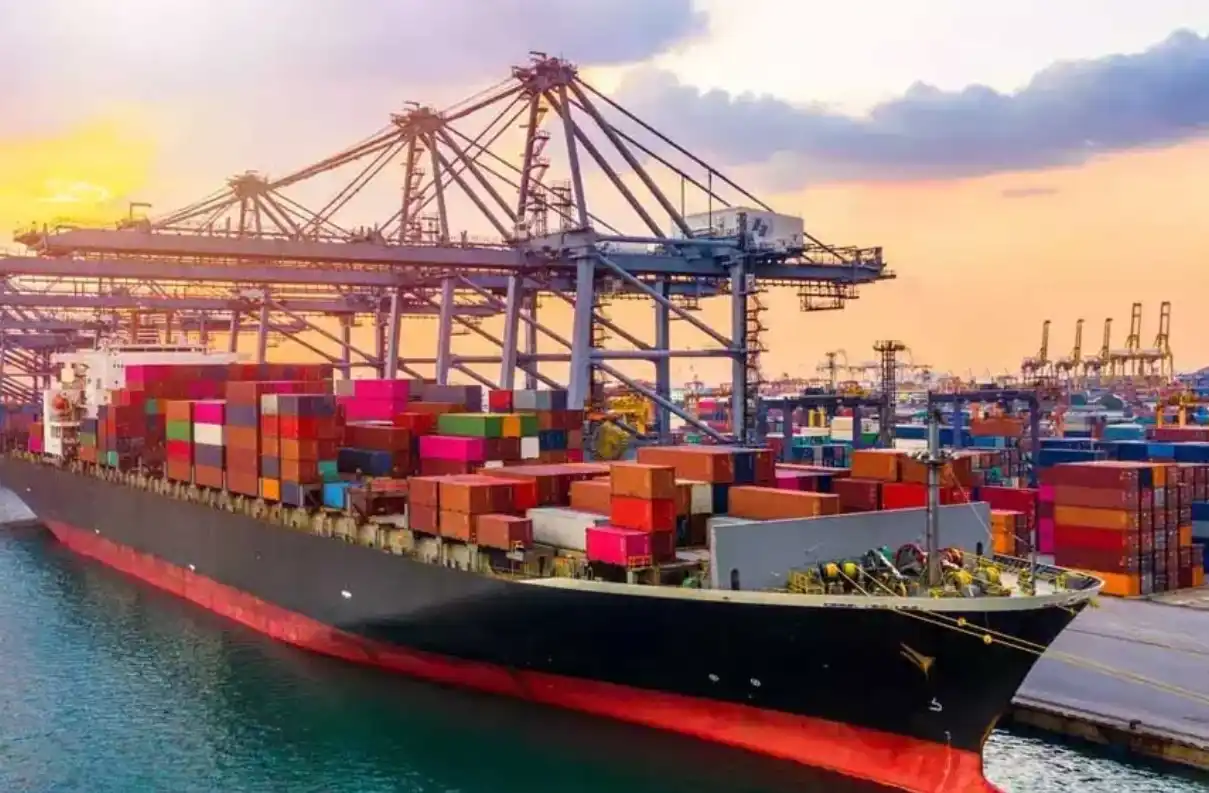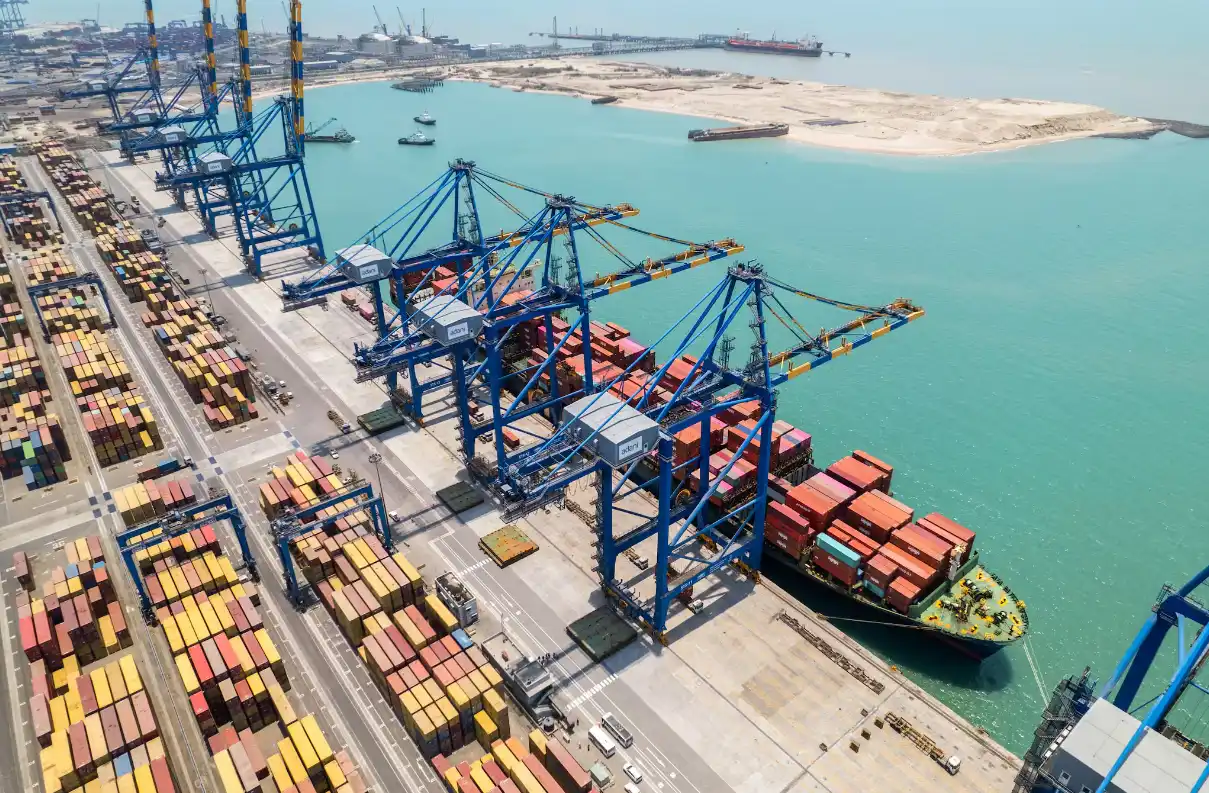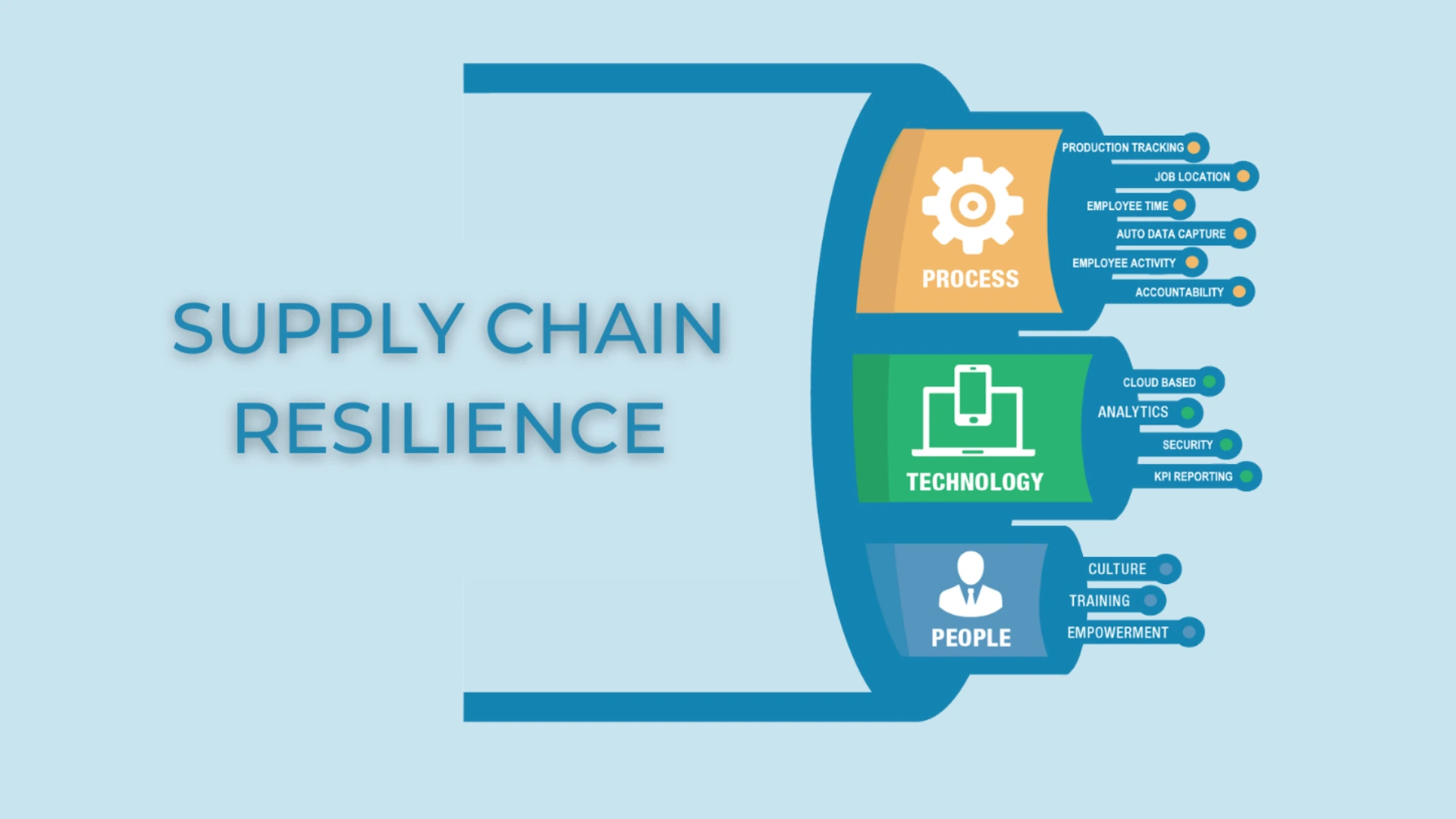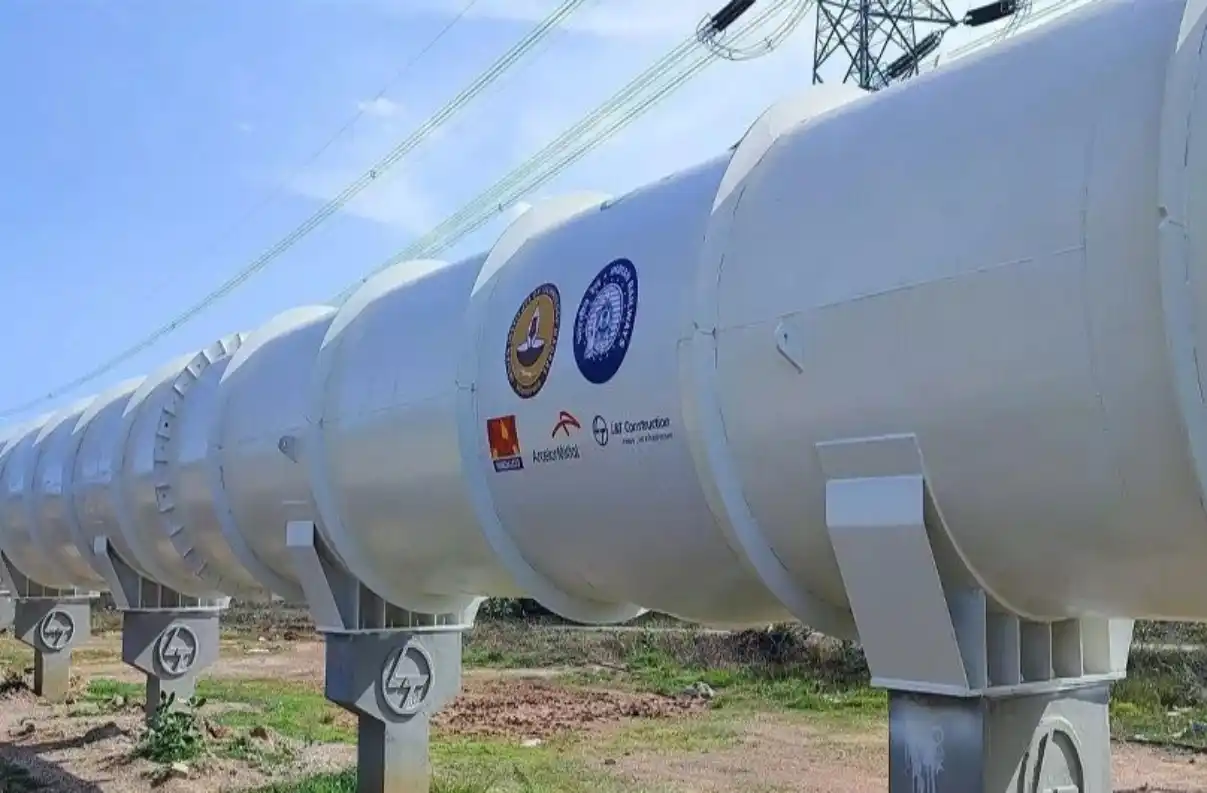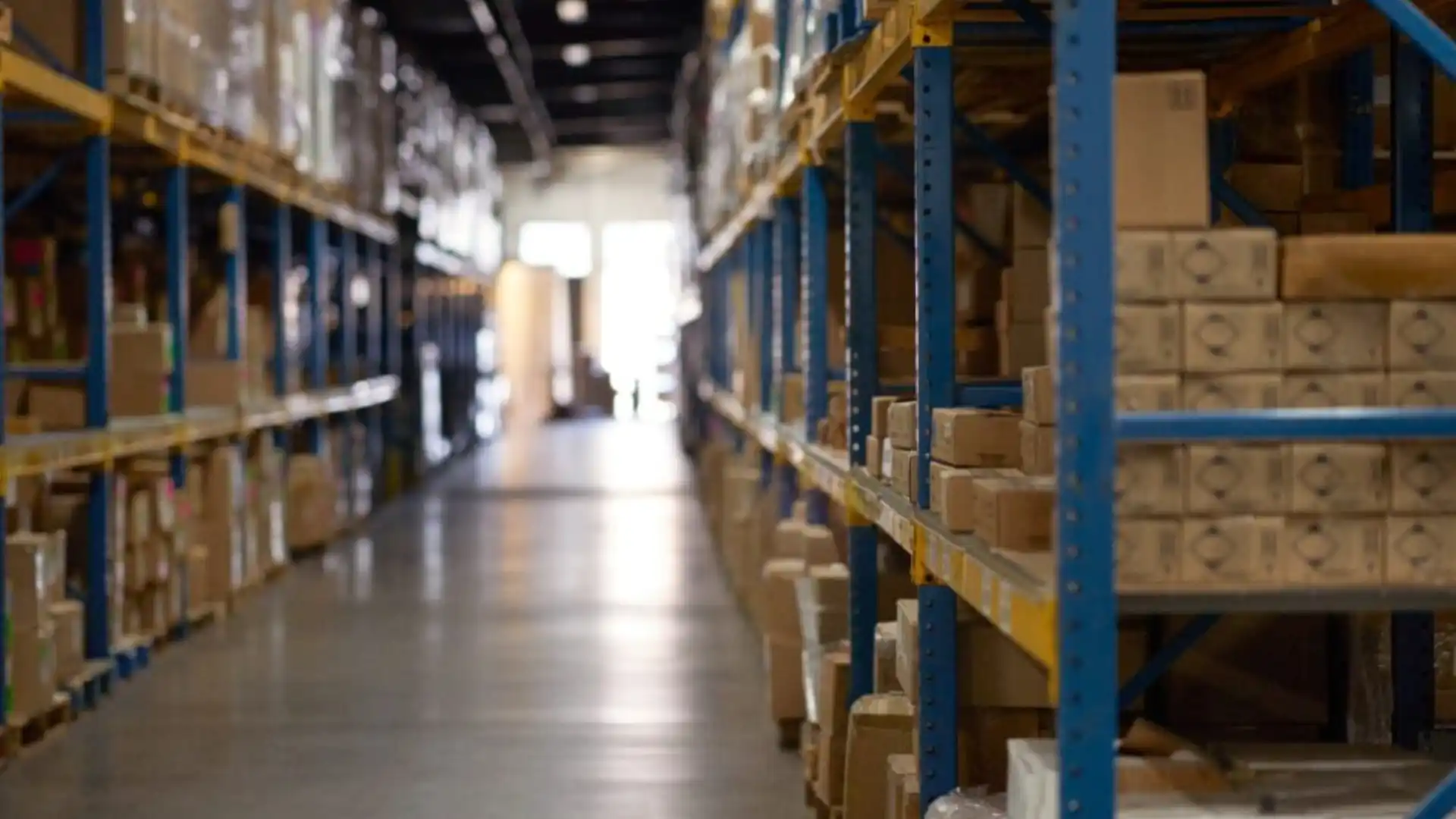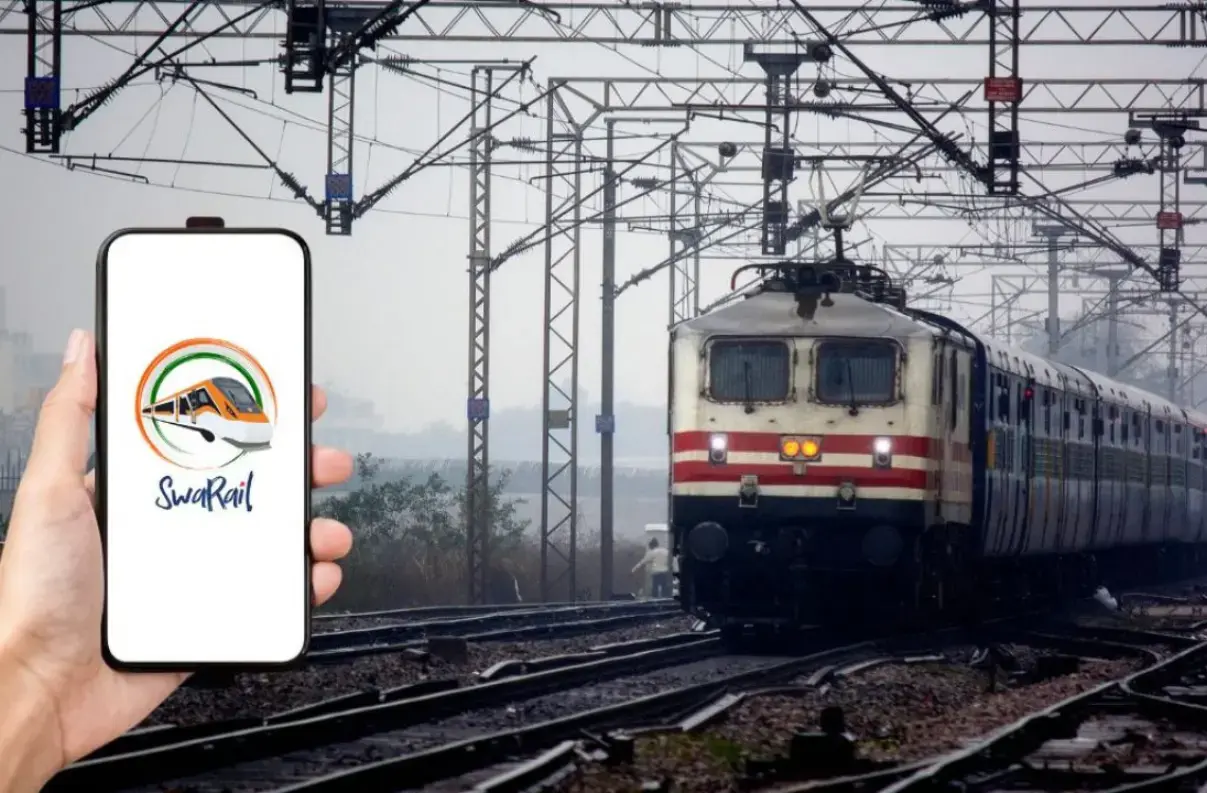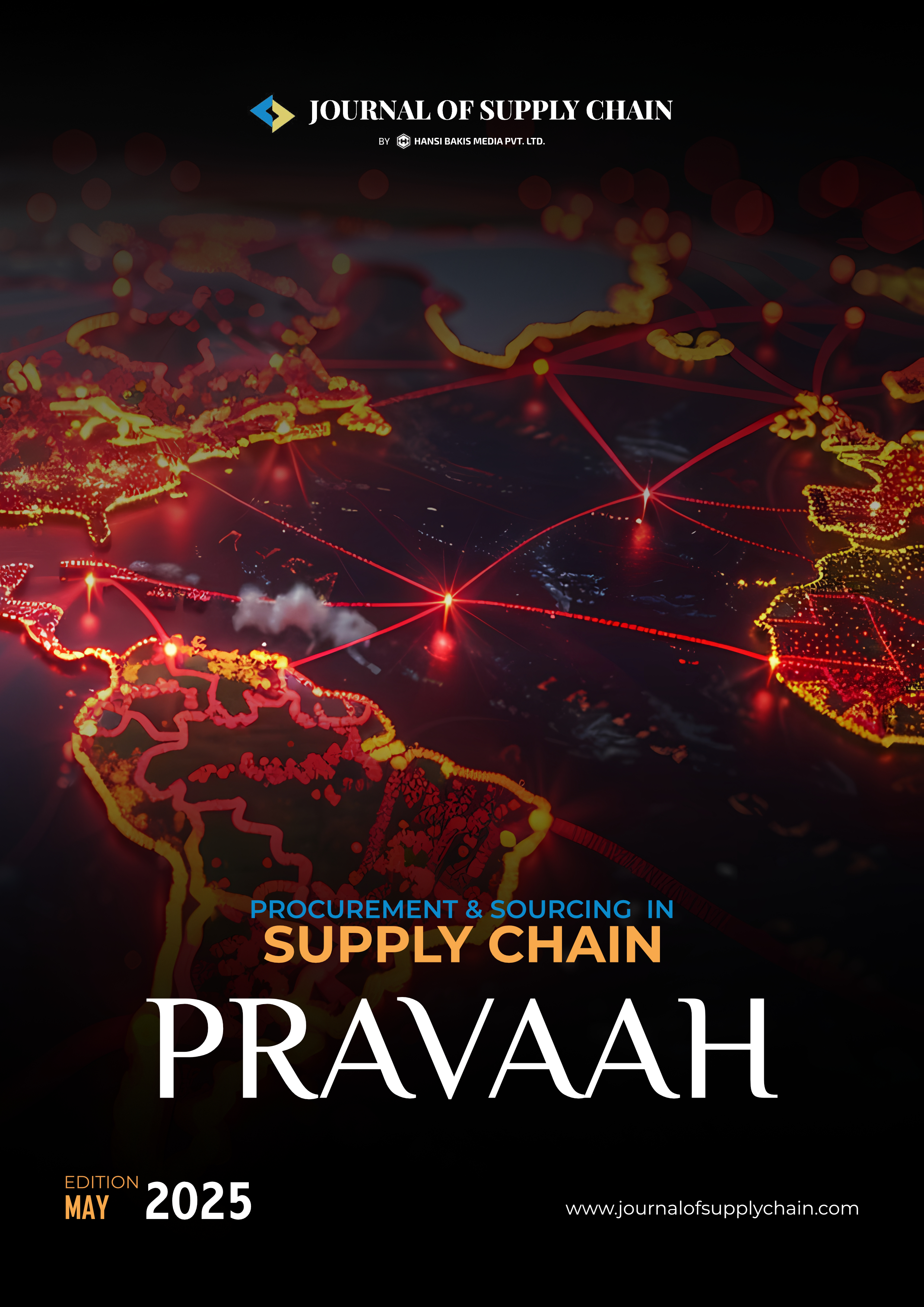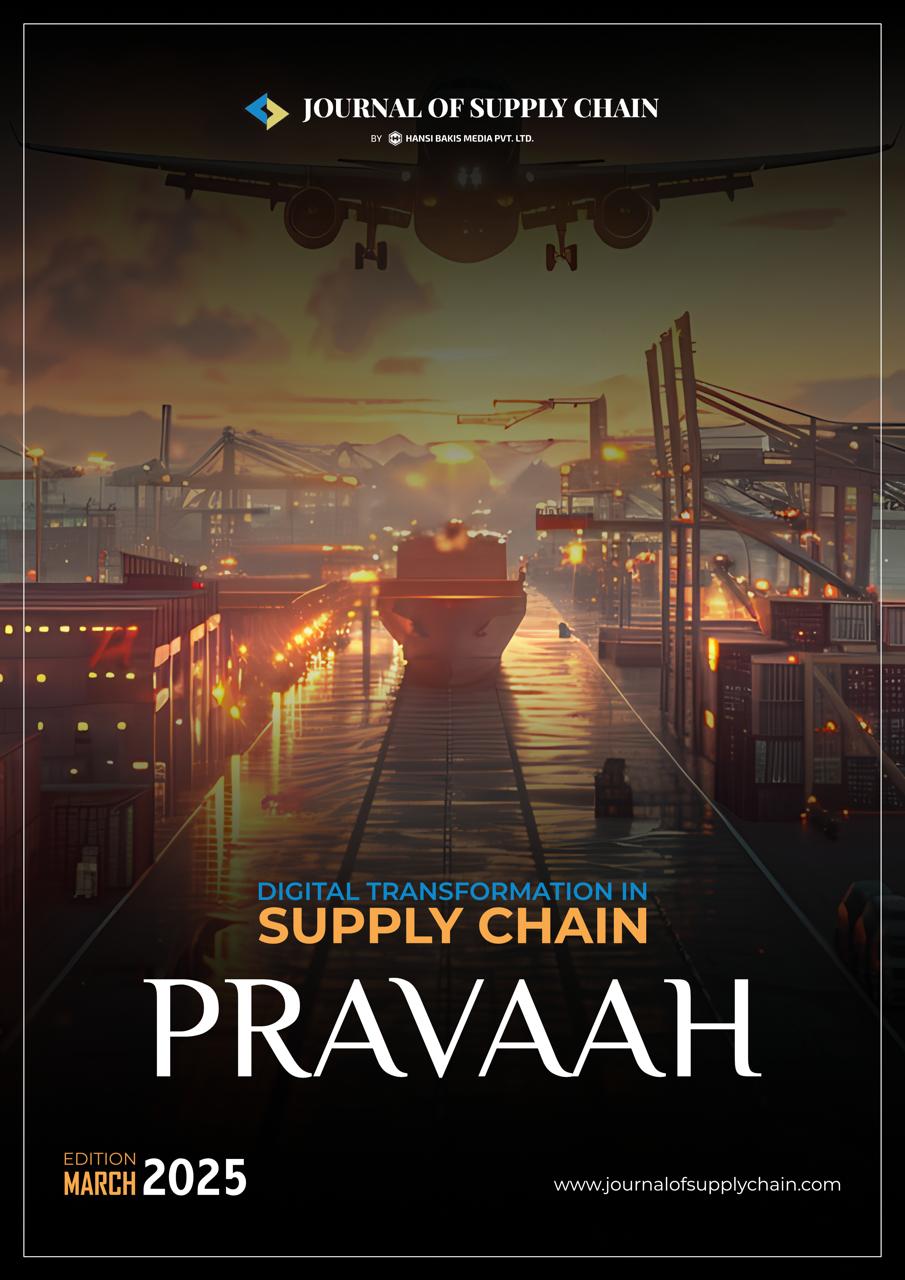Trump trade war could hit imports at busiest US portThe Port of Los Angeles, the busiest port in the U.S., might be heading into choppy waters. Why? Because of the latest twist in the ongoing trade war between the U.S. and China. Former President Donald Trump has rolled out a fresh wave of massive tariffs on Chinese imports, with some rates going as high as 125% or even 145%. And just like that, the ripple effect is being felt in real time at the docks. What’s Happening at the Port? Let’s break it down. The Port of Los Angeles is a giant hub. It’s where a huge chunk of our electronics, clothes, toys, gadgets basically everyday stuff comes into the U.S. from overseas, especially from China. But since the new tariffs were announced, there’s been a major drop in incoming shipments. How major? Import bookings on giant container ships have dropped by 64% in just one week. That’s huge! Why Is This a Big Deal? Less cargo coming in means a slowdown in port operations. Fewer ships = fewer jobs for dockworkers, truckers, warehouse crews, and everyone else who depends on those containers. The entire local economy around the port could take a hit. Imagine a big machine suddenly running at half-speed, it throws everything off balance. It's Not Just the Port Feeling the Pain The pain doesn’t stop at the docks. All across the U.S., businesses that rely on Chinese goods from retail stores to tech companies to car manufacturers are suddenly looking at much higher costs. And if businesses pay more,
The only supply chain registration you need
Unrivaled context behind every news and article for free.
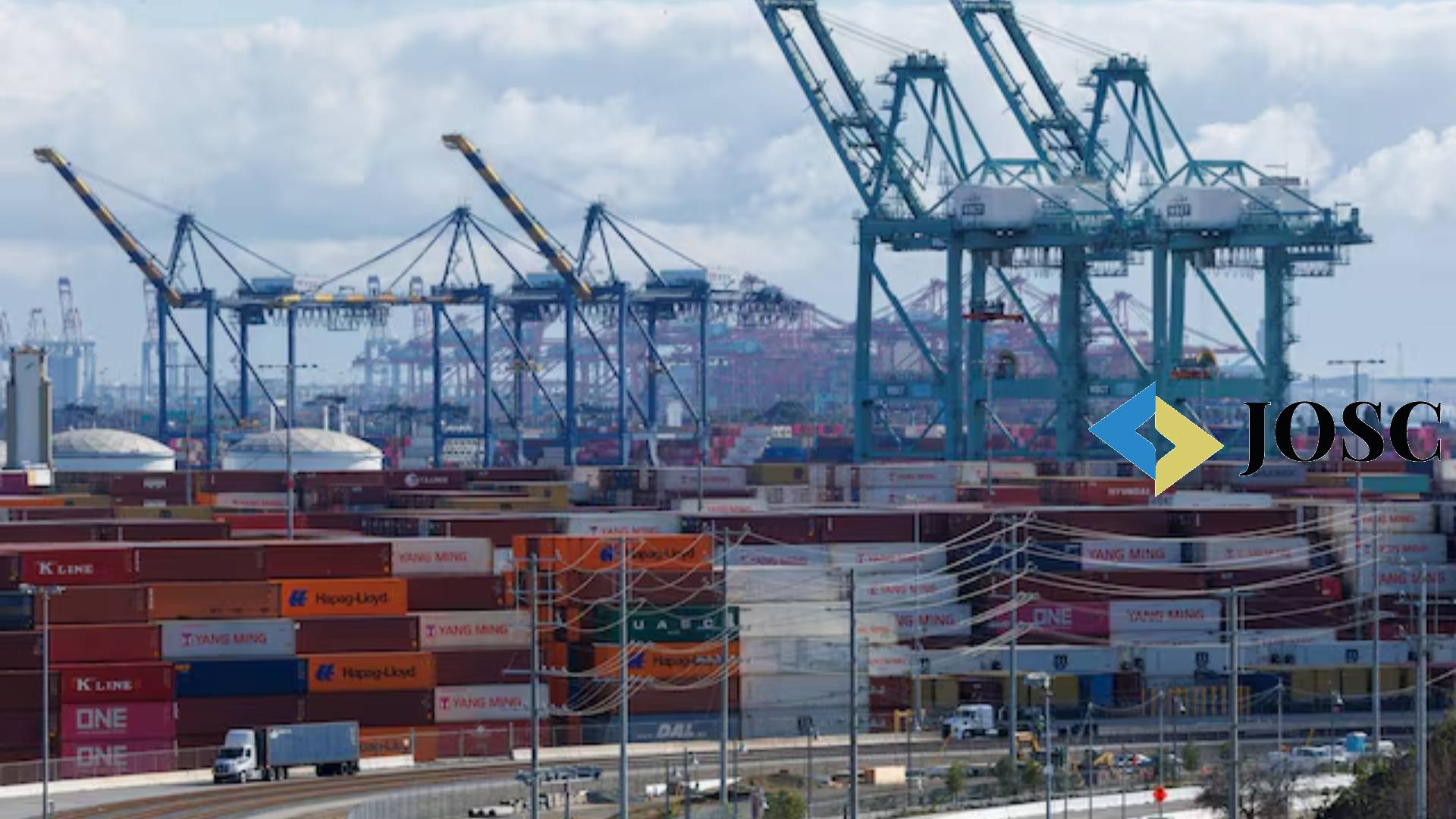
 Anamika Mishra
Anamika Mishra 

